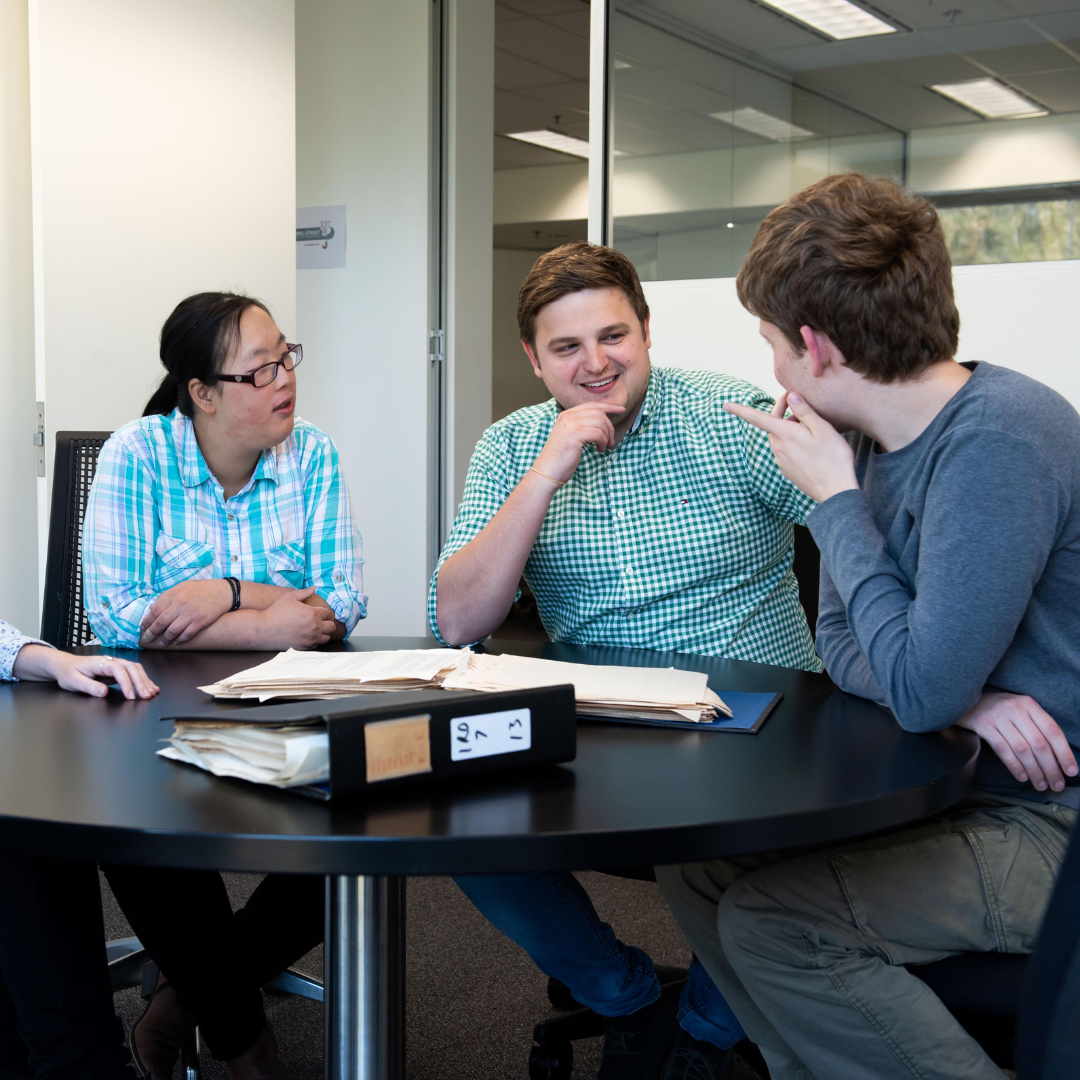At Jigsaw, trainees get the chance to practise real workplace skills in a supportive environment. One of the most valuable parts of that experience is feedback. Whether it’s from a trainer, a teammate, or a manager, feedback is a tool that can help you learn, grow, and prepare for future employment.
But feedback isn’t always easy to hear – especially if it highlights something you need to improve. The good news is that with the right mindset, feedback becomes less about criticism and more about opportunity. Here’s how to get the most out of it.
1. Understand the purpose of feedback
Feedback is not about pointing out what you did wrong – it’s about helping you improve. Trainers and colleagues want you to succeed, and feedback is their way of showing you how. Think of it like directions on a map: it tells you where you are and how to get closer to your goals.

2. Listen with an open mind
When someone is giving you feedback, focus on listening instead of reacting. It’s natural to feel defensive, but try to hear the message first. If you’re unsure what they mean, ask questions to clarify. For example: “Could you give me an example?” or “How could I do that differently next time?”
3. Separate the feedback from yourself
It’s important to remember that feedback is about your actions, not your worth as a person. If a trainer says you need to work on time management, it doesn’t mean you’re “bad at work” – it simply means there’s a skill you can practise and improve.
4. Put feedback into action
Feedback is most powerful when you use it. After receiving advice, set a small goal for yourself. For example:
- If the feedback is about organisation, you might start using a checklist each morning.
- If it’s about communication, you might practise speaking up once per team meeting.
Making small, practical changes shows that you’re serious about learning.
5. Notice positive feedback too
Feedback isn’t always about improvement – it’s also about recognising what you do well. If someone says, “Great job helping the team finish that task on time,” take note of it. Positive feedback shows you where your strengths are, and those strengths will be valuable in any job you take on.
6. Build resilience over time
The more you practise receiving feedback, the easier it becomes. At first it might feel uncomfortable, but over time you’ll see how helpful it is. Every piece of feedback is like a stepping stone, moving you closer to being confident and job-ready.
Feedback is a gift. It gives you a chance to see yourself through someone else’s eyes and learn strategies you might not have thought of on your own. At Jigsaw, you’ll have plenty of opportunities to practise receiving and applying feedback in a safe environment. By embracing it, you’ll build not only skills, but also resilience, confidence, and readiness for the workplace.